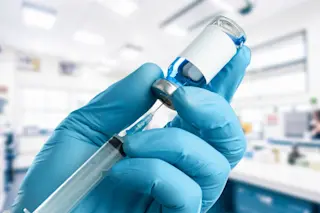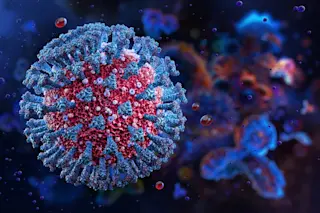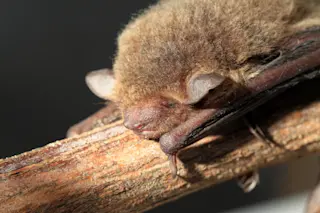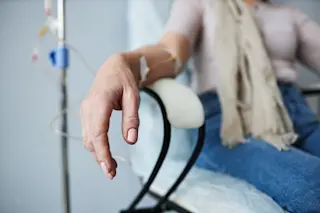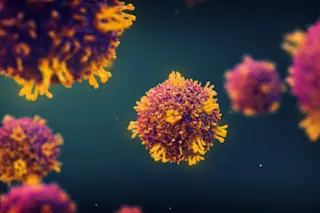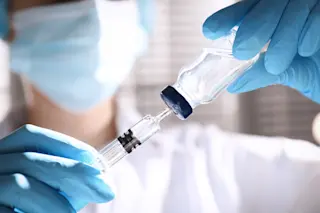From sweet wormwood (left) to yeast cells (center) to a semi-synthetic anti-malarial drug. | Left to right: Science Source; Biophoto Associates/Science Source; Imageman/Shutterstock
In the early 2000s, the malaria parasite Plasmodium falciparum developed resistance to the commonly used antimalarial drug chloroquine. In response, the World Health Organization declared that the treatment of choice should combine the plant-derived drug artemisinin with other antimalarials.
The cocktail made a difference: Deaths from the disease — which every year strikes some 219 million people, mostly children — have declined by more than 25 percent since 2000. However, consistent supplies of artemisinin, which is derived from the sweet wormwood plant, are subject to the whims of weather and other growing conditions.
Now, a new synthetic biology technique that produces artemisinin in a vat may act as a buffer against potential supply crises.
The journey from sweet wormwood seed to harvest to finished drug is slow. ...





